To effectively address these persistent odors, it’s essential first to identify their sources, ranging from leaks and moisture build-up to dirty vents or clogged sinks. Once you have pinpointed the culprits, regular cleaning and maintenance become the next crucial steps in tackling and preventing the return of musty smells. Additionally, using natural odor absorbers and neutralizers, as well as enhancing your RV’s air quality through proper ventilation, will further ensure that unpleasant odors don’t spoil your travels.
Key Takeaways
- Identify the cause of musty smells for effective odor elimination
- Maintain a clean and well-maintained RV to prevent future odor issues
- Utilize natural solutions and proper ventilation to keep your RV smelling fresh
Identifying Common RV Odor Sources

Mold and Mildew
Mold and mildew are common causes of musty odors in RVs. These odors can be the result of high humidity, inadequate ventilation, or leaks and water damage that allow mold and mildew to thrive. To help prevent mold and mildew growth, I regularly air out my RV, use a dehumidifier when necessary, and address any leaks or water damage promptly.
Leaks and Water Damage
One of the main culprits of unwanted smells in an RV is water damage. Leaks can occur in various places such as the kitchen sink, faucets, or shower. To avoid water damage, I regularly inspect my RV for leaks or water damage and promptly address necessary repairs. Timely maintenance can help prevent odors and costly damage to my RV.
Food and Waste Decomposition
Often, musty smells will emerge from decaying food or waste, especially if not properly stored or disposed of. In my RV’s refrigerator, pantry, and cabinets, I regularly:
- Check for and remove expired or rotting food
- Clean surfaces to prevent bacteria growth
- Properly seal food storage containers
Additionally, I make sure to empty my RV’s waste holding tanks and clean them periodically to prevent odors from waste decomposition.
Pests and Small Animals
Unpleasant odors can be a sign of unwanted pests or small animals that may have found their way into my RV. I check for signs of infestation, such as droppings, chewed materials, or nesting materials, and take steps to remove the pests and prevent further entry. When dealing with a pest problem, I focus on:
- Sealing any entry points
- Removing potential food sources
- Using natural or chemical deterrents
- Cleaning and disinfecting affected areas
By keeping my RV clean and well-maintained, I minimize the risk of pests and maximize the enjoyment of my journeys on the road.
Regular RV Cleaning and Maintenance

Regular RV cleaning and maintenance is essential for preventing musty smells and various other issues. In this section, I will guide you through some cleaning and maintenance procedures, along with ways to control moisture and manage holding tanks.
Deep Cleaning Procedures
To ensure an odor-free environment, I recommend deep cleaning your RV regularly. This may include washing the interior surfaces, carpets, linens, and upholstery, as well as giving special attention to areas prone to mold or mildew. Vacuum all floors and hidden corners and wipe down surfaces with a disinfectant cleaner. To remove odors from your mattress, spray a mixture of water and lavender essential oil and let it air out for several hours.
Moisture Control and Ventilation
High humidity levels can contribute to musty smells in an RV. By controlling humidity and ensuring proper ventilation, you can prevent mold and mildew growth. Always keep windows and vents open when possible and use a dehumidifier to maintain a low humidity level. Moreover, frequent inspection and timely repairs are necessary for preventing leaks and water damage.
Holding Tank Management
Proper holding tank management is crucial for keeping your RV smelling fresh. Regularly flushing and cleaning the black water tank will help prevent clogs from dried poop and reduce unpleasant odors. Make sure your RV toilet is holding water to create a tight seal that will lock in the sewage smells. Additionally, address any issues with the toilet spraying water to avoid water damage and unpleasant experiences.
By regularly performing these cleaning and maintenance tasks, I ensure a fresh and comfortable living environment in my RV.
Natural Odor Absorbers and Neutralizers
Baking Soda and Vinegar Solutions
One effective way to deodorize your RV and eliminate musty smells is to use natural solutions such as baking soda and vinegar. Baking soda is excellent at absorbing odors, and it can be used in various ways. For example, you can sprinkle it on carpets and upholstery, then vacuum it up after a few hours. You can also mix it with water to create a scrubbing paste for surfaces. On the other hand, vinegar is a well-known natural disinfectant and deodorizer. Mixing equal parts of white vinegar and water in a spray bottle, you can create a versatile cleaning solution that helps neutralize unpleasant odors.
Keep in mind that baking soda can be used in your RV black tank to maintain proper sanitation, and it can also help unclog drains without using harsh chemicals like Drano.
Activated Charcoal and Desiccants
Activated charcoal is another excellent option to tackle bad odors in your RV. It is known for its odor-absorbing properties and can be placed around your RV in small containers or bags. Desiccants, such as silica gel packs, are useful for absorbing excess moisture and preventing mold and mildew growth. Both activated charcoal and desiccants can help maintain a fresh and dry atmosphere in your RV, contributing to a more pleasant living environment.
Essential Oils and Natural Fresheners
Finally, using essential oils and other natural fresheners can significantly improve the air quality in your RV. Adding a few drops of your favorite essential oil to a spray bottle filled with water creates a simple and effective air freshener. Some popular choices include lavender, lemon, eucalyptus, and peppermint, all of which have pleasant and refreshing scents. Additionally, using natural fresheners such as citrus peels or herbs can provide a more subtle fragrance while still effectively combating musty smells in your RV.
Enhancing Air Quality with Ventilation Upgrades
When it comes to eliminating musty RV smells, a good place to start is by enhancing your RV’s air quality with some essential ventilation upgrades. In this section, I’ll discuss several methods for improving your RV’s airflow, focusing on roof vent installation and the use of dehumidifiers and air purifiers.
Roof Vent Installation
A well-installed roof vent is crucial for promoting proper airflow inside your RV. This helps remove stagnant air and replace it with fresh, clean air from the outside. If you suspect that your RV vent pipe is clogged, it’s crucial to rectify the issue as soon as possible to avoid further complications. When installing a roof vent, make sure to:
- Choose a suitable location on the roof where there is minimal obstruction.
- Properly seal the vent to avoid water leaks and air infiltration.
- Regularly inspect and clean the vent to ensure optimal performance.
Using Dehumidifiers and Air Purifiers
Many people overlook the importance of air quality control when it comes to eliminating musty smells in their RVs. One common problem is high humidity levels, which encourage mold and mildew growth. To tackle this issue, I recommend using a dehumidifier in your RV. Dehumidifiers work by:
- Extracting moisture from the air, effectively reducing humidity levels.
- Discouraging the growth of mold and mildew.
- Enhancing the overall freshness and comfort inside your RV.
After addressing humidity, you may want to consider using an air purifier to further improve your RV’s air quality. Air purifiers work by removing harmful particles, such as dust, allergens, and pollutants, from the air. Some models even use UV light technology to neutralize mold spores and bacteria. When selecting an air purifier, pay attention to the following factors:
- Room size: Choose a model designed for your RV’s square footage.
- Filter type: Opt for a HEPA filter, which is especially effective at trapping small particles.
- Noise level: Since you’ll be spending time in close proximity to the device, it’s essential to choose a quiet model.
By investing in these ventilation upgrades, you’ll be well on your way to eliminating musty smells and enjoying a cleaner, fresher, and more comfortable RV experience.
Preventing Recurrence of RV Odors

Storage and Usage Best Practices
I have found that keeping an RV fresh and free from musty smells starts with adopting proper storage and usage practices. When not in use, ensure adequate ventilation by opening windows or installing vent covers to promote air circulation. This prevents the accumulation of stale air and musty odors in the RV. Additionally, I often use natural air fresheners or essential oils to maintain a pleasant atmosphere.
When it comes to fabric surfaces, such as carpets, upholstery, and curtains, frequent cleaning can help prevent bad odors from setting in. Vacuuming regularly, washing fabrics, and airing them out are essential steps in keeping the RV fresh and maintaining a clean living environment.
Here’s a simple checklist for storage and usage best practices:
- Ventilate the RV when not in use
- Use natural air fresheners or essential oils
- Clean fabric surfaces regularly (vacuum, wash, and air)
- Store RV in a dry and well-ventilated area
Proactive Repairs and Inspections
In my experience, proactive maintenance is key to preventing serious accidents and costly repairs that could contribute to lingering odors in an RV. Staying on top of maintenance reminders and scheduling regular inspections are essential to avoid unexpected issues.
Keeping your RV’s plumbing system in good condition is especially important for avoiding unwanted smells. I recommend checking for leaks and performing odor removal treatments periodically, such as the baking soda, vinegar, and boiling water method.
Lastly, don’t forget the importance of maintaining an efficient and sanitary waste disposal system. Using a high-quality black tank treatment and regularly emptying and cleaning the waste tanks will ensure a fresh-smelling RV.
In summary, a proactive approach to RV maintenance will help prevent unpleasant odors and ensure you enjoy your RV life to the fullest.


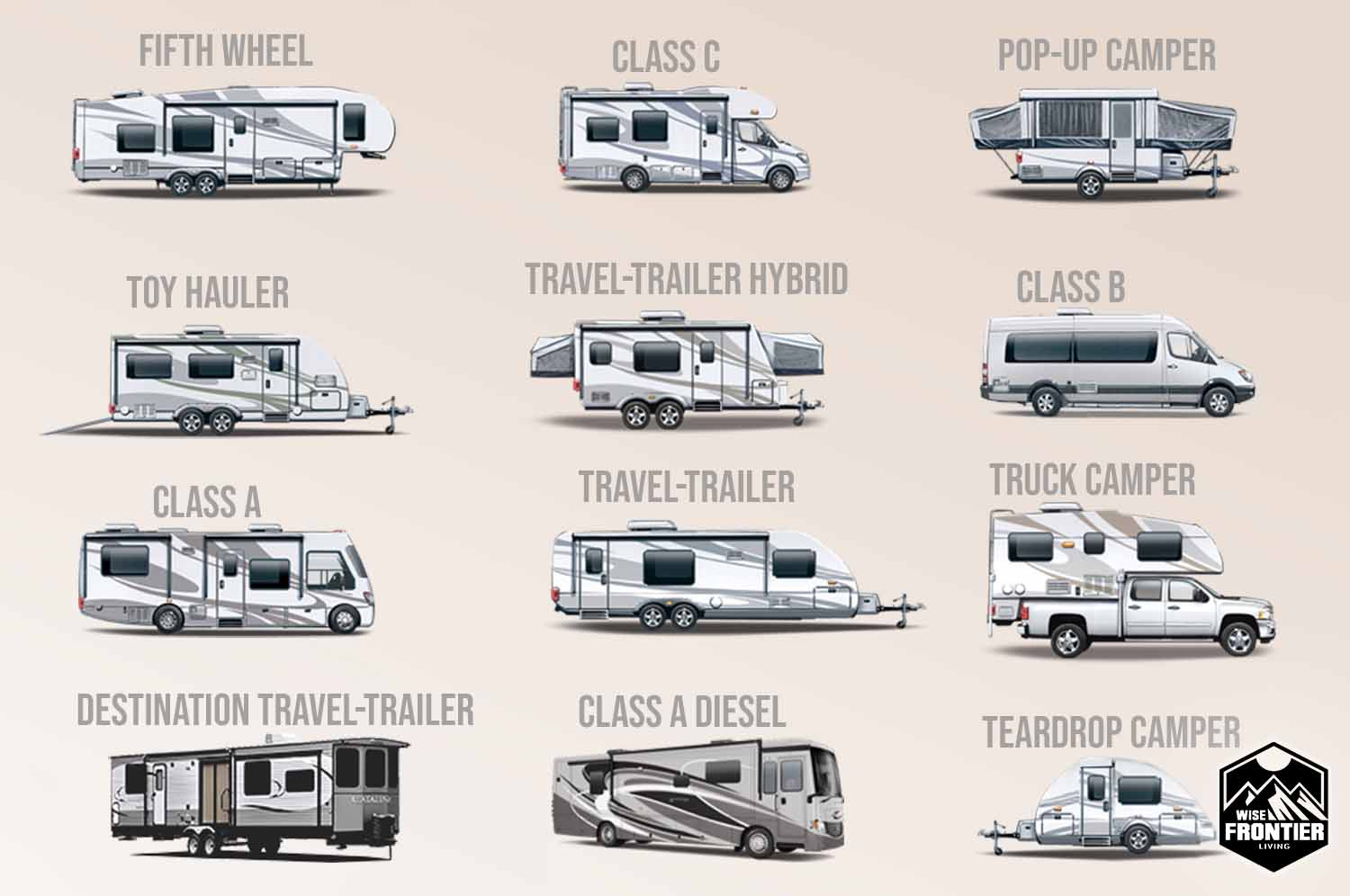
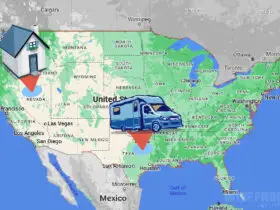
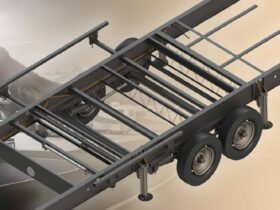

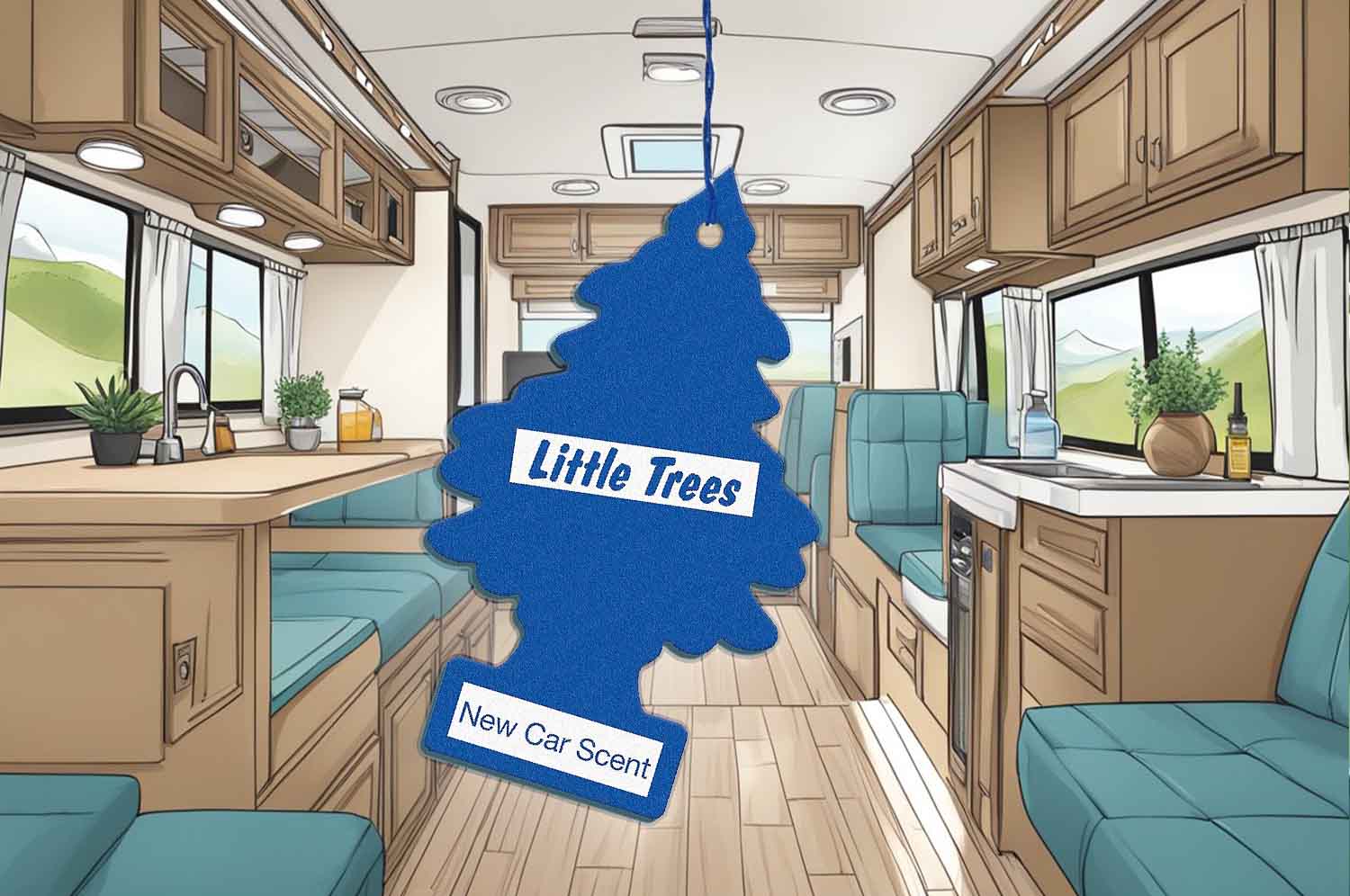
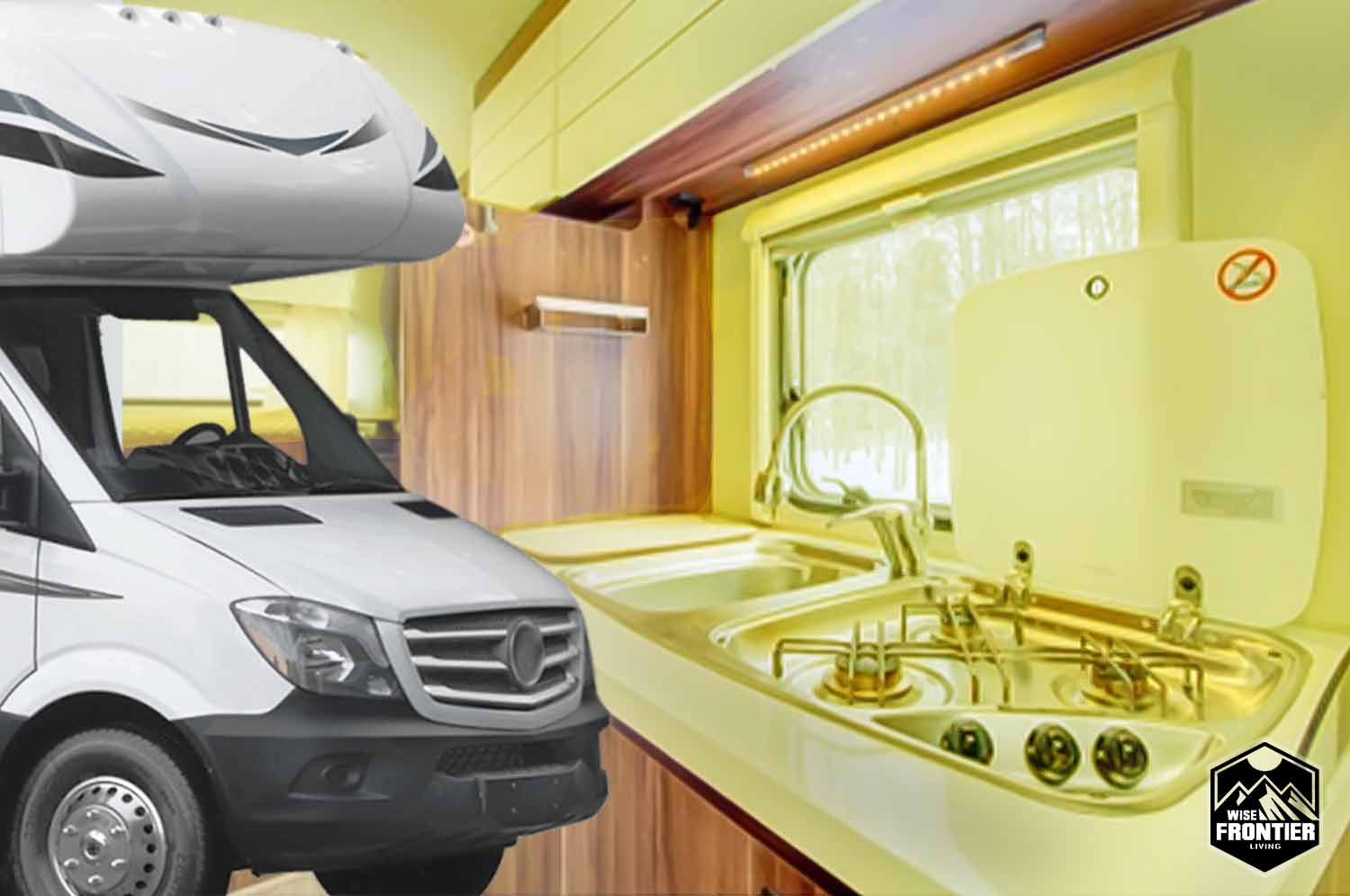
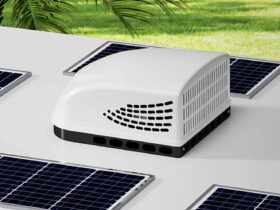
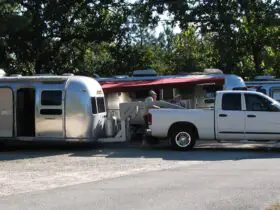
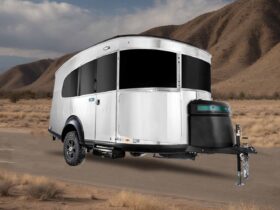
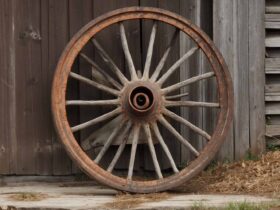

Leave a Reply